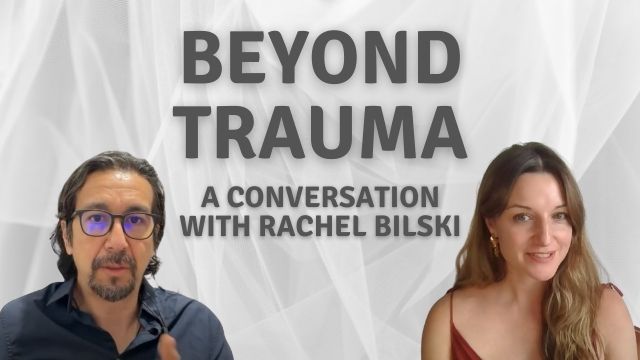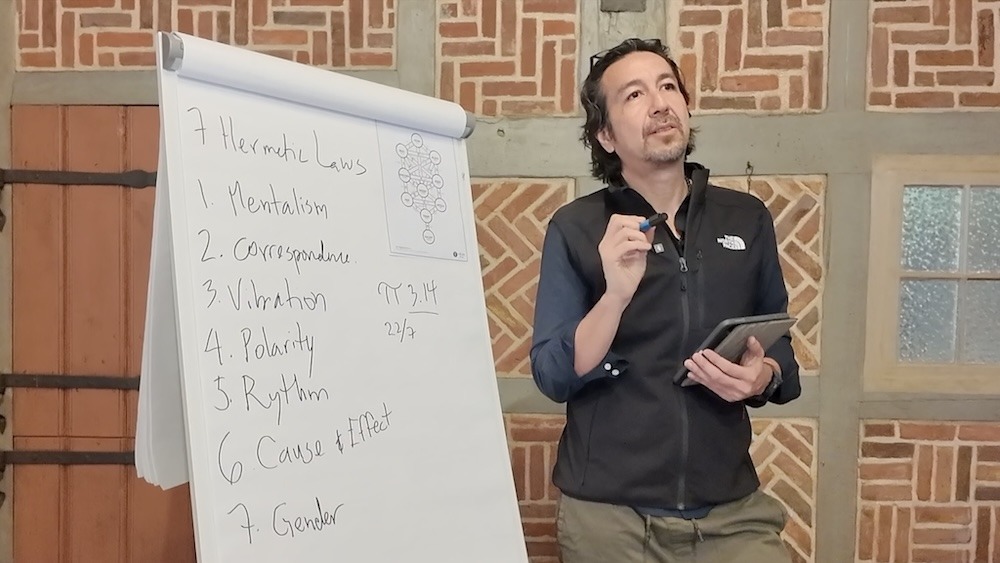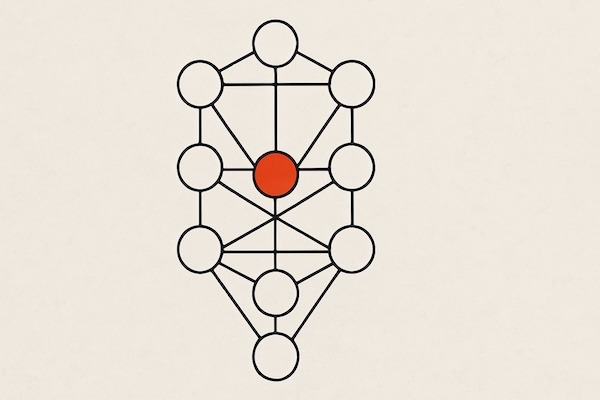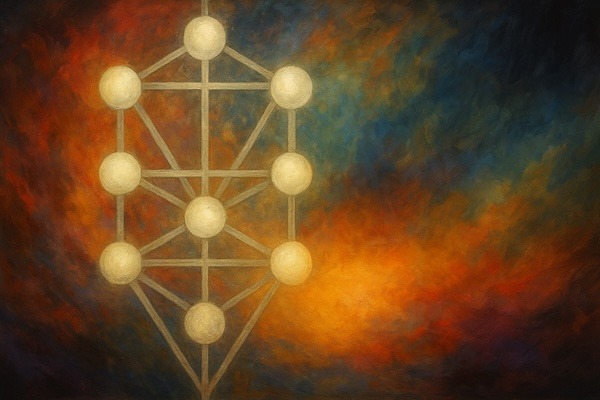Navigating Spiritual Bypassing in Psychedelic Facilitation: Insights from ICEERS
Over the past decade, the ICEERS Support Center has provided guidance and support to more than 2,000 individuals facing challenging experiences with psychoactive plants. Through extensive dialogue, a critical phenomenon has emerged repeatedly: spiritual bypassing—a subtle yet impactful obstacle often encountered by both participants and facilitators, typically without conscious awareness.
Originally conceptualized by psychologist John Welwood, spiritual bypassing involves the tendency to use spiritual beliefs or practices as a means of avoiding unresolved emotional wounds, psychological pain, or complex internal processes. This pattern, frequently unnoticed in plant medicine circles, can have long-term implications for participants’ psychological health and integration processes.
Common Pitfalls in Psychedelic Facilitation
Facilitators, despite the best of intentions, may inadvertently reinforce spiritual bypassing dynamics. Observations by ICEERS have highlighted several areas where unconscious practices by facilitators can impede genuine emotional and psychological healing:
• Imposing Spiritual Frameworks & Encouraging Premature Transcendence
Facilitators may unintentionally impose personal spiritual beliefs onto participants. Ideas such as immediate “ego death,” “oneness,” or “detachment”—if presented prematurely—can lead participants away from necessary emotional integration and genuine confrontation with underlying trauma.
• Prioritizing “Positive States” (the “Love and Light” Narrative)
Although well-intentioned, encouragement to “remain in love” or “stay positive” can inadvertently discourage individuals from authentically processing uncomfortable emotions like grief, anger, or sadness that naturally surface during deep healing experiences.
• Fast-Tracking Healing Processes
Suggesting that a single night with ayahuasca or other plant medicines can replace years of therapy inadvertently reinforces the illusion of quick fixes. True emotional healing typically involves a longer-term commitment to emotional integration, self-exploration, and sustained personal development.
• Reinforcing Spiritual Superiority
Facilitators may, consciously or unconsciously, project a subtle sense of spiritual superiority, unintentionally conveying to participants that struggles or setbacks reflect spiritual inadequacy or insufficient progress, rather than normal steps within a transformative process.
• Offering Simplistic Spiritual Explanations
Common phrases like “everything happens for a reason” or “you create your own reality,” though meant to comfort, may unintentionally invalidate authentic emotional exploration, potentially leaving participants confused or burdened with unnecessary guilt or shame.
When facilitators emphasize transcendence at the expense of grounded emotional processing, the risk of dissociation, denial, and avoidance can become entrenched, leaving critical emotional wounds unresolved.
Recommendations for Facilitators to Reduce Bypassing
ICEERS proposes several crucial guidelines to mitigate spiritual bypassing and promote deeper psychological and emotional integration within psychedelic contexts:
• Cultivate Self-Awareness
Facilitators should actively examine their own spiritual bypassing tendencies, noticing how personal beliefs or biases might unconsciously affect their facilitation practices.
• Hold Space without Judgment or Imposition
Providing a genuinely supportive and open environment means allowing participants to navigate difficult emotions freely, without prematurely rushing into spiritual interpretations or explanations.
• Honor Each Participant’s Pace
Emotional integration and psychological healing are gradual, often extending long beyond ceremony. Facilitators must respect individual processes and allow integration to unfold naturally.
• Prioritize Informed Consent and Preparation
Clearly communicate potential challenges and risks, explicitly addressing the tendency toward emotional avoidance or spiritual bypassing, so participants enter ceremonies fully aware of these dynamics.
By maintaining awareness of these subtle yet impactful dynamics, facilitators can nurture safer, ethically grounded ceremonial spaces. Ultimately, reducing spiritual bypassing helps ensure that participants genuinely confront their emotional wounds, leading to authentic transformation and long-lasting healing.







